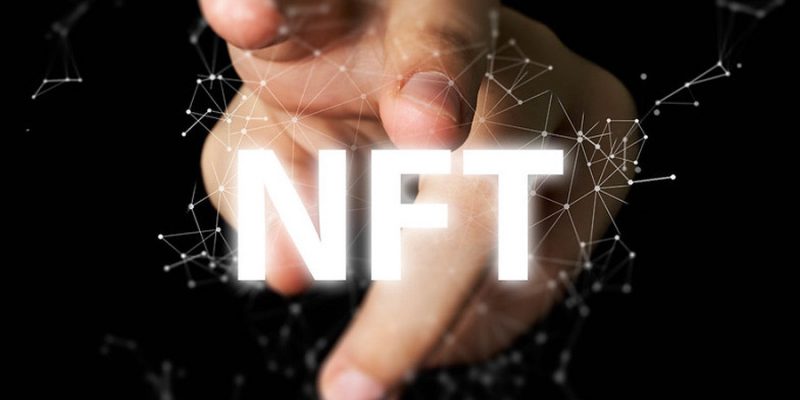
NFTs are playing a vital role in healthcare. Health NFTs are like a gift for patients and their health.
In the existing situation, we noticed the rise of non-fungible tokens, or NFTs. Unlike cryptocurrencies, which might be used as a form of money or digital asset, health NFTs are meant to be the equivalent of a certificate of authenticity. They act to provide permission to personalize a part of a digital representation of a tangible asset. Everything from works of digital art, and music, to bits of the video, became exchanged with NFTs. NFT sales have reached a predicted 3 billion in the first part of 2021 alone. While it is simple to see the benefits of NFTs in the industry and for patients, the identical framework may be carried out in world healthcare. Your health data, pharmaceutical drugs, and elements of the human composition which includes blood may be represented by NFTs. Blood donation companies have already been inspired to use NFTs for blood donations. Blood donors are marked with a selected token that may then be accompanied by the device. The donation can then be accompanied by transport to the hospital, into a blood bank, and its eventual recipient. Blood can then
be registered by its NFT right into a digital “blood bank” where the need for specific blood types may be tracked by a blockchain system and added to where it’s far most needed. Under are 4 definitions of NFT by Forbes and by The Science Magazine, additionally a guide to NFTs and any other one to the ancient development of healthcare NFTs.
NFT in the field of Health Data
One of the most promising uses of NFTs in healthcare is in the representation of health facts themselves. Let’s begin with a simple but promising example. From the data point of view, each human is a data repository. Each piece of data (height, weight, hair color, genetic information, and access to the EHR) might not be unique, however, the combination of those entries is unique. Representation of these facts in an NFT, issued to any individual in a selected jurisdiction appears to be a green manner to make the certain identity of health data, for hashed most effective health data sharing, health data ownership, and participation in public health programs, as well as in medical research. Digital healthcare infrastructures of tomorrow can also additionally lean on NFTs.
NFT in the field of Genetic Data
If you believe your genetic dataset is minted as an NFT token, it approaches that your genetic information has obtained a feature to be tracked. The owner of such a token may be capable of complying with information flows and seeing where it was used. It may additionally come to be meant to hold responsible the ones who have used it without a permit from the owner of these records because it would require NFT authentication. Further, we as owners of health NFT tokens to our very own genetic data can be capable of earning money when our records are used. Currently, patients whose data are being utilized by the companies aren’t earning something in most cases. However, as soon as NFTs are employed, digital health companies may attract patients to take part in research by contributing their records and incomes from it.
NFT in the field of Healthcare Supply Chain
Currently, non-fungible tokens aren’t employed extensively in healthcare as they should be, just a few startups were released so far. However, the potential for tokens that represent something specific is enormous, only due to the fact any superior aggregate of separately non-unique data is unique. The NFT can be used in the manufacturing, logistics, and different elements of the supply chain for drugs and devices: Blockchain-based NFTs can be hired to fight counterfeit pharmacological products by decentralizing, automating, and for that reason strengthening the resilience of streamlining the authentication process. NFTs can be used to tokenize the switch of health data, which has already ended up as the currency of modern healthcare.
NFT in the field of Blood Transfusions
NFTs also can be used to symbolize human components along with blood. Organizations that assist blood donations already sell the use of NFTs. It is viable to follow a donor’s blood donation via the system by the usage of a specific token. After transportation to the hospital, the donation is
processed at a blood bank and ultimately reaches its meant recipient. A digital blood bank can then be created by registering blood via way of means of its NFT, wherein the demand for precise types of blood may be tracked by a blockchain gadget and introduced to where it is needed.



















